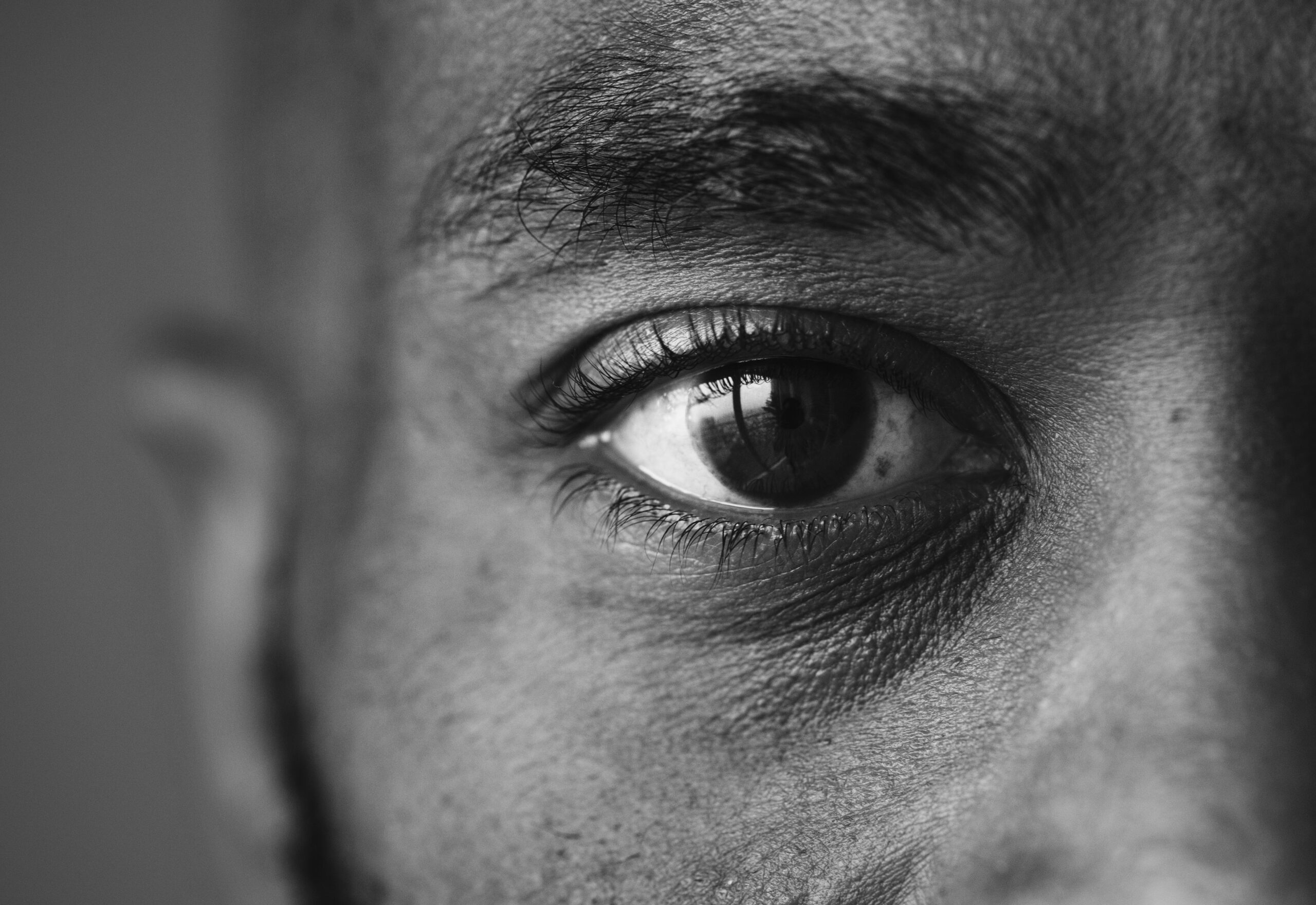Volume 11 Issues 10 October, 2021

Senior Resident at Gov. Medical College, Hardoi (Uttar Pradesh).
Epistemic injustice is not a new term but very few people understand its meaning and relevance to psychiatry. Epistemic means relative to knowledge and the degree of its validation and if we talk in the context of mental health then epistemology means the study of knowledge, justified belief, and how society relates to individuals with mental disorders as sources of knowledge.
In today’s time, patient-centered care has recently become the focus of policy documents and mission statements and perhaps what time will promote actual improvement in the provision of health care and by patient centre care, we mean providing care that is respectful of and responsive to individual patient preferences needs, and values and ensuring that patient values guide all clinical decisions and this makes this topic more important to understand.
A person with a mental disorder has both ill and healthy components. The components of the mental disorder are treated and the treatment alliance is created via the healthy components. For example, an individual with delusions of grandeur might leave the hospital, walk to the bus stop, wait in line, board the bus and pay the driver. His or her ability to effectively use public transportation does not conflict with his or her belief that he or she is the Messiah.
Epistemic injustice is harm done to a person in her capacity as an epistemic subject (a knower, a reasoner, a questioner) by undermining her capacity to engage in epistemic practices such as giving knowledge to others (testifying) or making sense of one’s experiences (interpreting) which is very commonly seen in the psychiatric field due to patient’s mental condition especially patient of certain brain injury, dementia, psychosis in which cognitive impairment necessarily erode a person’s epistemic reliability.
A study found that the average amount of time between a patient beginning to speak and the doctor’s first interruption was eighteen seconds. Of seventy-four office visits recorded, only in seventeen (23%) was the patient allowed to complete his or her opening statement of concerns. This premature interruption of patients resulted in a loss of relevant information. Complaints like healthcare professionals do not listen to their concerns, their medical condition is ignored or marginalized, they encounter substantive difficulties in their efforts to make themselves understood to the persons charged with their diagnosis and treatment. The patient may be telling the truth, but the doctor deflates the level of credibility thereby doing the patient a distinctive kind of injustice (epistemic injustice) which undermines the patient specifically in his capacity as a giver of knowledge. The patient is wronged, not because the physician refuses to give credence to his or her testimony, but rather because the physician refuses to recognize him or her as a participant in the discussion of his or her case.
Later these patients who have experience of psychiatric services become reluctant to disclose psychotic symptoms because they know it might make them more likely to be diagnosed with a psychotic illness and in some cases detained in hospital and medicated against their will. This epistemic injustice can be overcome and better care can be provided with simple measures like
- Regular interpersonal dynamic meetings with members of a multidisciplinary team, which create a forum for discussing problematic emotional contacts with patients, enhance understanding of these aspects of patient care and reinforce their importance
- Medical students should be taught to believe what psychiatric patients tell them unless there is a good reason not to do so
- Students are frequently told to put patients first, but the experience of many patients is that they are often treated as cases rather than people, and that what is important to doctors is different to what is important to patients, the physicians, need to practise giving more credibility to members of groups they fear they may be giving too low levels of credibility to: in this context, to psychiatric patients
- Media editors should reduce the stigmatization of psychiatric patients in media reports especially if epistemic failure (such as reliance on negative stereotypes) can be a cause of moral failure (such as treating persons with mental disorders in an unfairly hostile or suspicious manner).
Further Reading: Crichton P, Carel H, Kidd IJ. Epistemic injustice in psychiatry. BJPsych Bull. 2017;41(2):65-70. doi:10.1192/pb.bp.115.050682



